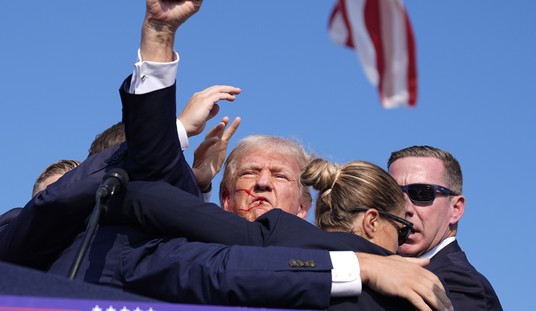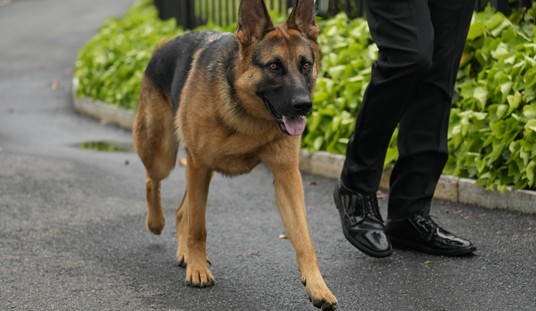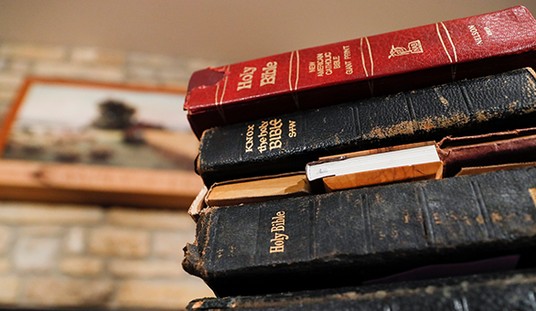Back in 2007, I reviewed Robin Aitken’s then-new book, Can We Trust the BBC for Tech Central Station, now known as Ideas in Action.tv. As I noted back then:
Somewhat similar to conservative criticism of Reuters, complaints of bias in the BBC were given much more conclusive proof after 9/11. For Reuters, it was Stephen Jukes, their global news editor’s remarks immediately after 9/11 that “We all know that one man’s terrorist is another man’s freedom fighter.” Aitken says that the BBC has a very similar worldview when it comes to the Palestinians.
“My view is that the Palestinians and the Palestinian leadership is the architect of its own misfortune in many ways. Whereas, what comes across from the BBC’s presentation of events in Palestine and the Middle East generally, is that in some ways, the Palestinians are a put-upon victim minority, and it’s the beastly Israelis who are doing the dirty to them.
“And you know, that is not a fair presentation of the position. Because the Israelis are militarily strong and successful, and the Palestinians aren’t, I think the BBC allows that too much to play at its judgment, so that what comes across is too much sympathy, if you will, for the Palestinians, too little appreciation of the rights of Israel, and also too little recognition of the fact that Israel is a functioning democracy in a way that Palestine isn’t, and nor is any Arab-dominated Middle Eastern state, and not enough credit is given for that in my view.”
Similarly, another BBC bias is obvious from their tone of Iraq War coverage. During the war’s early days, Aitken was still affiliated with the BBC, via its “Today” radio show. While Aitken viewed the Iraq War, at least in its early days of liberating Ba’athist Iraq, as a positive turn of events, his opinion was an outlier in the halls of the BBC. “Now, you can take whatever view you wish of the Iraq War. But it isn’t the BBC’s place to have a view in that sense of such a thing. Now, of course this view is never made explicit, I should hasten to add: the BBC doesn’t come out and say, ‘We think the Iraq War is Wrong.’ But the tone of the coverage, the negativity, of the coverage, the starting point for all the discussions about the war” tacitly demonstrates those biases. “I think it took a clear editorial view, from the very first, that the Iraq War was mad, bad, and dangerous,” and thus filtered that opinion to its millions of listeners, all the while, feigning objectivity.
Flash-forward to today; the London Daily Mail reports, “The BBC could be part of a ‘propaganda media network’ for al-Qeada, according to U.S. files published by Wikileaks:”
A phone number of someone at the BBC was found in phone books and programmed into the mobile phones of a number of militants seized by the Americans.
The number is believed to be based at Bush House, the headquarters of the BBC World Service.
‘The number is associated with the British Broadcasting Corporation (BBC).’
To be fair, that puts the BBC one up on Reuters, where terrorists shoot motivational videos for the venerable “news” “service.”
Oh and speaking of Wikileaks, they red-line the irony meter with this quote: “’Do not challenge leadership in times of crisis’ became Assange’s favorite slogan.”
George Orwell, call your office.










Join the conversation as a VIP Member